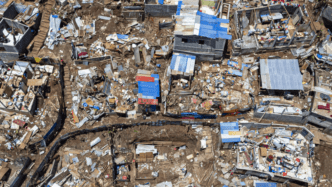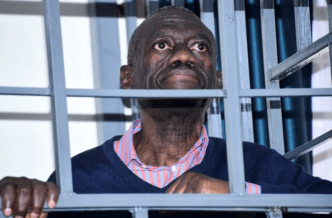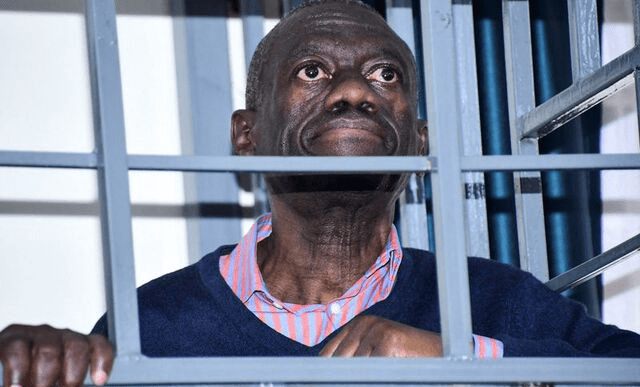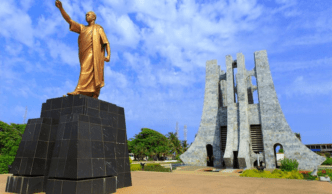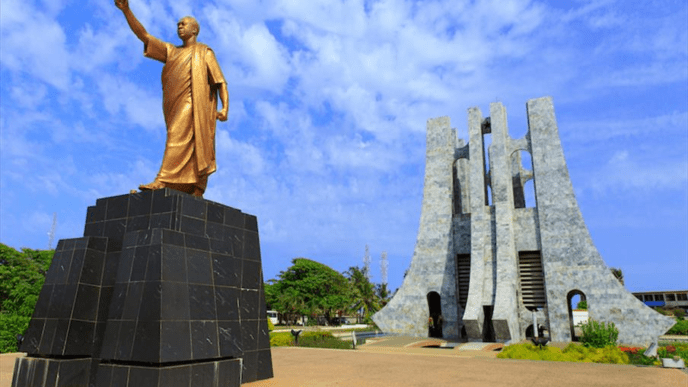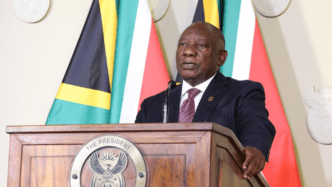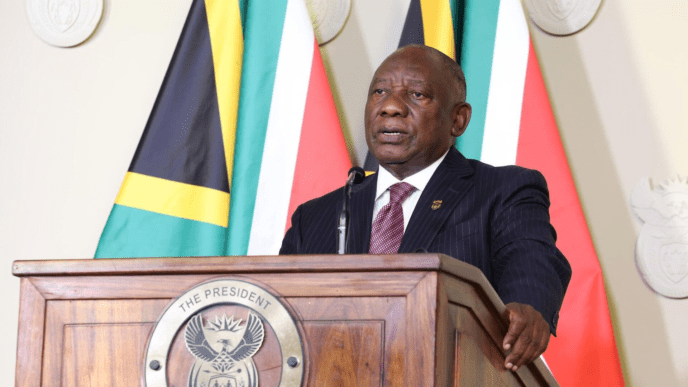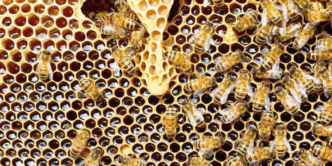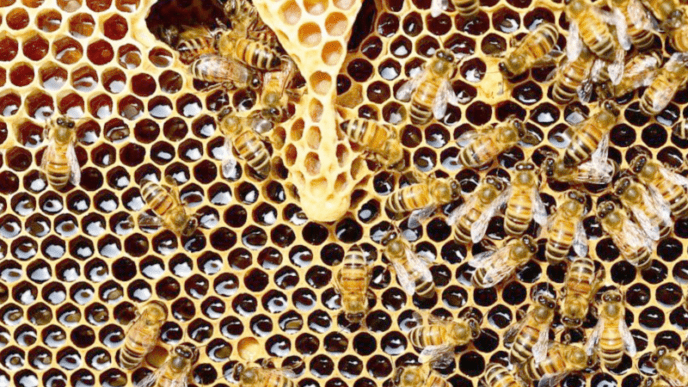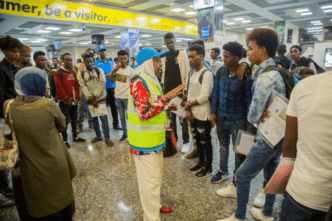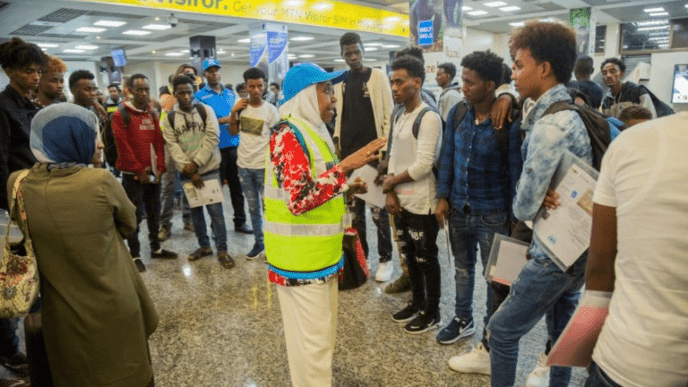The United Nations and its humanitarian partners are urgently responding to the devastating impact of Tropical Cyclone Dikeledi, which has battered southeast Africa with high winds and heavy rainfall.
The cyclone made landfall in northern Madagascar on Saturday, impacting an area already reeling from the effects of Cyclone Chido, which struck the region just weeks prior.
Key Points:
- UN humanitarian partners are mobilizing emergency response efforts in cyclone-affected regions.
- Over 5,200 people have been directly impacted by Cyclone Dikeledi.
- Three fatalities have been reported, and over 350 people have been displaced to temporary shelters.
The UN Office for the Coordination of Humanitarian Affairs (OCHA) reported that the cyclone’s center has moved over the Mozambique Channel, posing a continued threat to the region.
In Madagascar, three fatalities have been reported, and over 350 individuals have been displaced to temporary shelters. More than 5,200 people have been directly affected by the cyclone, and nearly 1,300 homes have been flooded.
Humanitarian partners are actively distributing essential aid, including water treatment supplies, water, sanitation, and hygiene kits.
The impact of Cyclone Chido continues to be felt in the region. The World Food Programme reported reaching over 190,000 individuals affected by Chido with one-week food rations. The UN Refugee Agency (UNHCR) has distributed over 800 core relief items to more than 4,000 people.
However, the loss of livelihoods, particularly in the agricultural sector, has significantly compounded the challenges faced by affected communities in rebuilding their lives.
The United Nations and its partners aim to provide humanitarian assistance to over 400,000 people impacted by Cyclone Chido. However, significant additional funding is urgently needed to support these critical relief efforts.
Read More:
